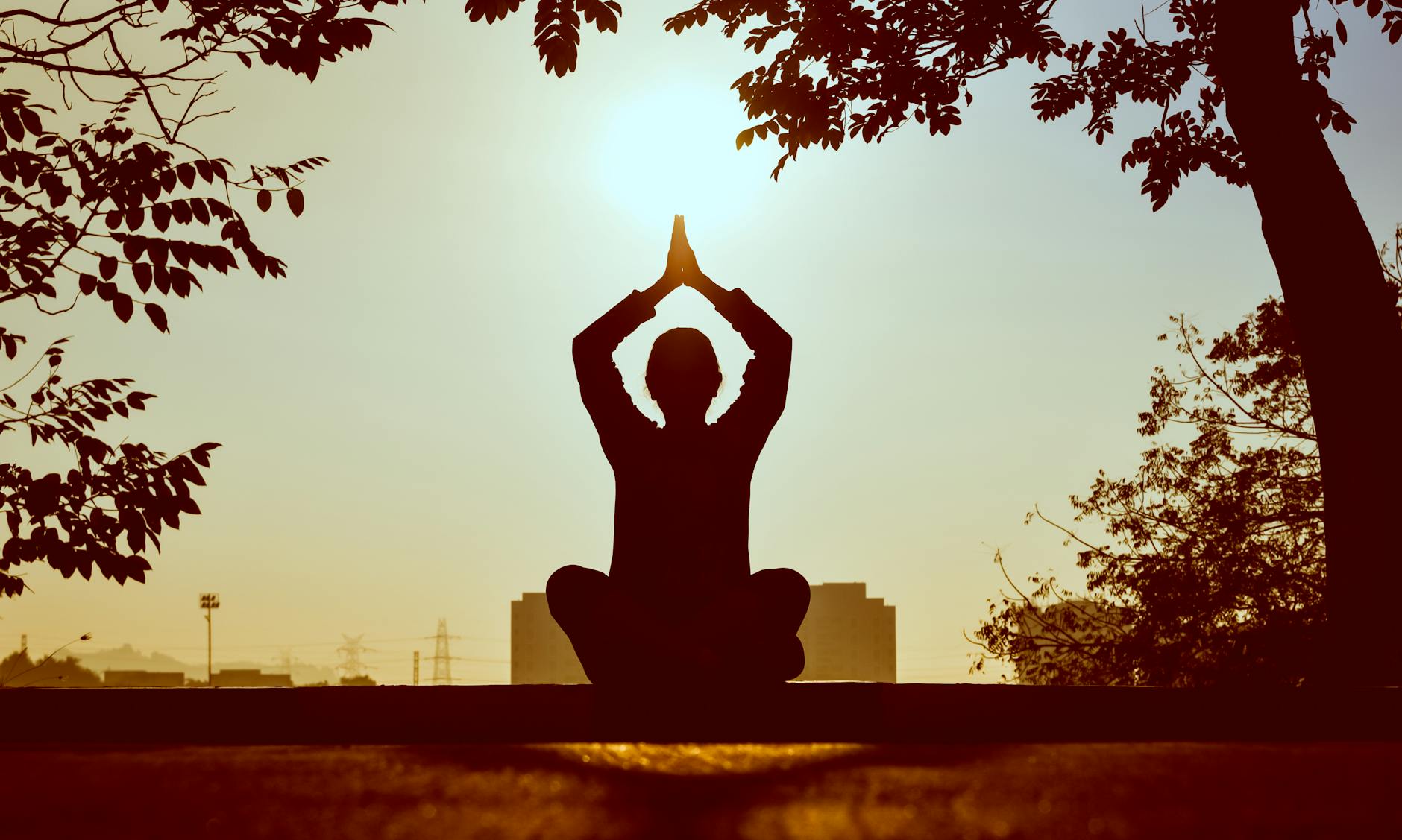
The Benefits of Meditation: Finding Inner Peace and Clarity
Meditation is a transformative practice that has been used for centuries to cultivate inner peace, clarity, and emotional well-being. In this article, we’ll explore the concept of meditation, its significance in promoting mental and emotional health, the benefits of practicing meditation, different types of meditation practices, and practical tips for incorporating meditation into daily life to experience greater peace, presence, and clarity.
Introduction to Meditation and Its Significance
Meditation is the practice of training the mind to focus and redirect thoughts, leading to a state of deep relaxation and heightened awareness. It is often associated with spiritual traditions such as Buddhism and Hinduism but can be practiced by people of all backgrounds and beliefs. Meditation is essential in promoting mental and emotional well-being, reducing stress and anxiety, and fostering a sense of inner peace and clarity in the midst of life’s challenges.
Understanding the Concept of Meditation
At its core, meditation involves cultivating mindfulness, presence, and awareness by observing the breath, sensations, thoughts, and emotions without judgment or attachment. It’s about learning to quiet the mind, let go of distractions, and connect with the present moment with openness and curiosity. Meditation helps us develop greater self-awareness, emotional regulation, and compassion for ourselves and others, leading to greater resilience and well-being.
The Benefits of Practicing Meditation
Practicing meditation offers numerous benefits, including:
- Reduced stress and anxiety: Meditation promotes relaxation and reduces the body’s stress response, leading to greater emotional stability and resilience.
- Improved focus and concentration: Meditation strengthens the ability to concentrate and sustain attention, leading to greater mental clarity and productivity.
- Enhanced emotional well-being: Meditation cultivates greater self-awareness and emotional regulation, leading to a greater sense of inner peace, happiness, and contentment.
- Greater resilience: Meditation helps us develop greater resilience and adaptive coping strategies, allowing us to navigate life’s challenges with greater ease and grace.
- Increased compassion and empathy: Meditation fosters greater compassion and empathy for ourselves and others, leading to deeper connections and relationships.
Different Types of Meditation Practices
There are various types of meditation practices, including:
- Mindfulness meditation: Focuses on bringing awareness to the present moment by observing the breath, sensations, thoughts, and emotions without judgment.
- Loving-kindness meditation: Involves cultivating feelings of love, compassion, and goodwill towards oneself and others through guided imagery and affirmations.
- Body scan meditation: Involves systematically scanning the body for sensations, tension, and areas of discomfort, and cultivating awareness and relaxation in each part.
- Guided visualization: Involves visualizing peaceful and calming scenes or images to evoke feelings of relaxation, clarity, and inner peace.
Practical Tips for Incorporating Meditation into Daily Life
Establishing a Regular Meditation Practice
Set aside time each day for meditation, even if it’s just a few minutes, to establish a consistent routine and make meditation a priority in your life.
Creating a Conducive Environment for Meditation
Find a quiet and comfortable space for meditation where you won’t be disturbed, and create a calming atmosphere with soft lighting, comfortable cushions or chairs, and soothing music or nature sounds if desired.
Starting with Short Sessions and Gradually Increasing Duration
Start with short meditation sessions, such as 5-10 minutes, and gradually increase the duration as you become more comfortable and confident in your practice.
Experimenting with Different Meditation Techniques
Explore different meditation techniques and practices to find what resonates with you, whether it’s mindfulness meditation, loving-kindness meditation, or guided visualization.
Integrating Meditation into Daily Routines
Incorporate meditation into your daily routines by meditating first thing in the morning, during breaks at work, or before bedtime to experience greater peace, clarity, and presence throughout the day.
Conclusion
Meditation is a powerful practice that offers numerous benefits for mental, emotional, and spiritual well-being. By incorporating meditation into our daily lives, we can experience greater peace, clarity, and resilience, and cultivate a deeper connection with ourselves and the world around us.
Mindful Eating: Nourishing Your Body and Soul with Awareness
Practicing Gratitude: Cultivating a Mindful Appreciation for Life
Introduction to Mindfulness: A Beginner’s Guide to Living in the Present Moment
FAQs (Frequently Asked Questions)
1. What is meditation, and why is it important?
Meditation is a practice of training the mind to focus and redirect thoughts, leading to a state of deep relaxation and heightened awareness. It is important because it promotes mental and emotional well-being, reduces stress and anxiety, and fosters a sense of inner peace and clarity in daily life.
2. What are the benefits of practicing meditation?
Practicing meditation offers numerous benefits, including:
- Reduced stress and anxiety
- Improved focus and concentration
- Enhanced emotional well-being
- Greater resilience and adaptive coping
- Increased compassion and empathy
3. What are the different types of meditation practices?
There are various types of meditation practices, including mindfulness meditation, loving-kindness meditation, body scan meditation, and guided visualization. Each practice offers unique benefits and techniques for cultivating mindfulness, presence, and inner peace.
4. How can I incorporate meditation into my daily life?
You can incorporate meditation into your daily life by:
- Establishing a regular meditation practice
- Creating a conducive environment for meditation
- Starting with short sessions and gradually increasing duration
- Experimenting with different meditation techniques
- Integrating meditation into daily routines, such as morning or bedtime rituals.
5. Is meditation suitable for everyone?
Yes, meditation is suitable for people of all ages, backgrounds, and beliefs. It is a flexible and adaptable practice that can be tailored to individual needs and preferences, promoting mental, emotional, and spiritual well-being for all.






















